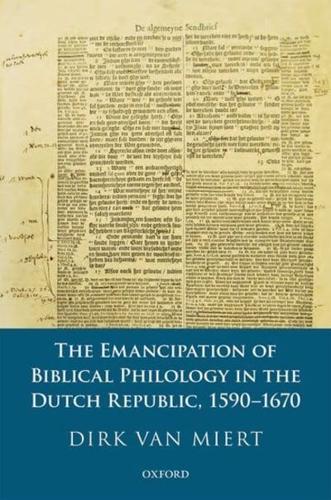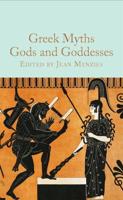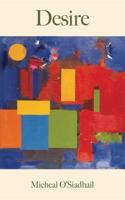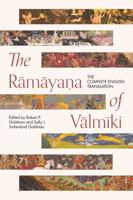Publisher's Synopsis
The Emancipation of Biblical Philology in the Dutch Republic, 1590-1670 argues that the application of tools, developed in the study of ancient Greek and Latin authors, to the Bible was aimed at stabilizing the biblical text but had the unintentional effect that the text grew more and more unstable. Baruch Spinoza (1632-1677) capitalized on this tradition in his notorious Theological-political Treatise (1670). However, the foundations on which his radical biblical scholarship is built were laid by Reformed philologists who started from the hermeneutical assumption that philology was the servant of reformed dogma. On the basis of this principle, they pushed biblical scholarship to the centre of historical studies during the first half of the seventeenth century. Dirk van Miert shows how Jacob Arminius, Franciscus Gomarus, the translators and revisers of the States' Translation, Daniel Heinsius, Hugo Grotius, Claude Saumaise, Isaac de La Peyrère, and Isaac Vossius all drew on techniques developed by classical scholars of Renaissance humanism, notably Joseph Scaliger, who devoted themselves to the study of manuscripts, (oriental) languages, and ancient history. Van Miert assesses and compares the accomplishments of these scholars in textual criticism, the analysis of languages, and the reconstruction of political and cultural historical contexts, highlighting that their methods were closely linked.












